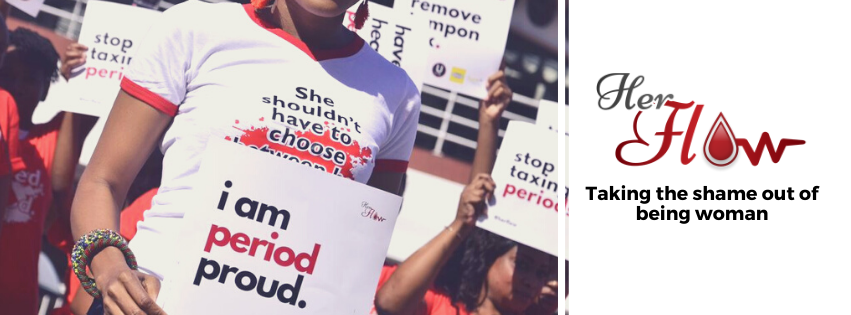When director Rayka Zehtabchi walked on stage to collect her Academy Award for best documentary short, she was crying.
Key points:
Period. End of Sentence. was named the best documentary short
The film documents the experience of women and girls in India whose lives have been impacted the stigma surrounding menstruation
A charity called The Pad Project aims to end the taboo and help communities create biodegradable pads to keep girls in school
But she wanted to make it clear to the audience what those tears were about.

“I’m not crying because I’m on my period or anything,” she said.
“I can’t believe a film about menstruation just won an Oscar!”
Her documentary, Period. End of Sentence. shone a spotlight on how menstruation can impede a girl’s ability to continue with her education.
It also highlighted the work of an organisation called The Pad Project, which aims to deliver sanitary products to women in developing countries.
How menstruation can end an education
When women do not have access to sanitary products like tampons and pads, they are forced to resort to unhygienic alternatives to absorb the blood, sometimes using dirty rags, leaves, newspaper and ashes.
This leaves them open to infection and creates a feeling of shame about what is a natural bodily function.
According to The Pad Project, girls are often forced to stay home from school while they are menstruating, which can sometimes equate to missing a week of school each month.
The more school girls miss, the more likely it is they will fall behind and drop out completely.
“Culturally in many parts of India, menstruation is still considered to be dirty and impure,” scholars Suneela Garg and Tanu Anand wrote in a study about menstruation myths in India.
“Taboos surrounding menstruation exclude women and girls from many aspects of social and cultural life.”
Zehtabchi and producer Melissa Berton wanted to turn this unfortunate trend around.
“A period should end a sentence, not a girl’s education,” Berton said at the awards ceremony.
In the US, the term “period” is used to refer to what Australians would more commonly call a full stop.
Combatting the problem
Period. End of Sentence. featured a group of high school girls from California, US, who started fundraising for The Pad Project.
The aim of the project was to set up developing communities with machines that create biodegradable pads from local materials.
This machine, invented by Arunachalam Muruganantham, can produce pads at around five cents per unit.
The Netflix film follows the stories of girls and women in Hapur, India, after the machine was installed in their village.
“When I went there and was face to face with the women … it became really clear to me that it was a really big source of shame,” Zehtabchi told US news program Today.
“It’s held so many of the women back, for so long.”
Now the documentary has been given more prominence via the Oscar win, it is hoped more girls can be helped through the project.
Year of menstruation
We are thrilled to announce that we are actually getting a #PeriodEmoji!
We are thrilled to announce that we are actually getting a #PeriodEmoji!
It is through your support that we can now celebrate that the @unicode have announced that we will get our first ever #PeriodEmoji in March 2019 🎊
Find out more here ▶https://t.co/dKd4WwEShX pic.twitter.com/CdyG5fapAx
— PlanInternational UK (@PlanUK) February 6, 2019
It is through your support that we can now celebrate that the @unicode have announced that we will get our first ever #PeriodEmoji in March 2019 🎊
Earlier this month, the Californian company that regulates emoticons added a period emoji to its ranks.
The move was the result of a long campaign from humanitarian group Plan International, which sought to destigmatise menstruation.
“800 million women have their period every month, but we still think of this as something shameful,” Hayley Cull, Plan International’s Advocacy Director in Australia, told Triple J’s current affairs program Hack.
“So we really need to smash the stigma surrounding periods and that starts with talking about it more openly.
“[A period emoji] is part of normalising the conversation around it.”
The emoticon design will appear as a red droplet of blood, rather than a pair of blood-stained underwear as suggested by Plan International.
Source: ABC.com
